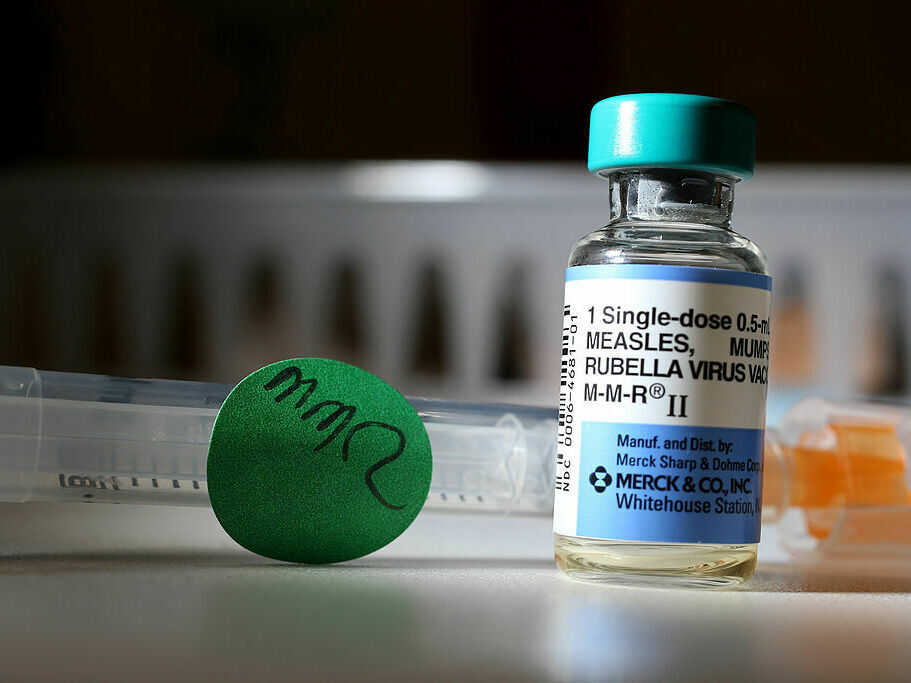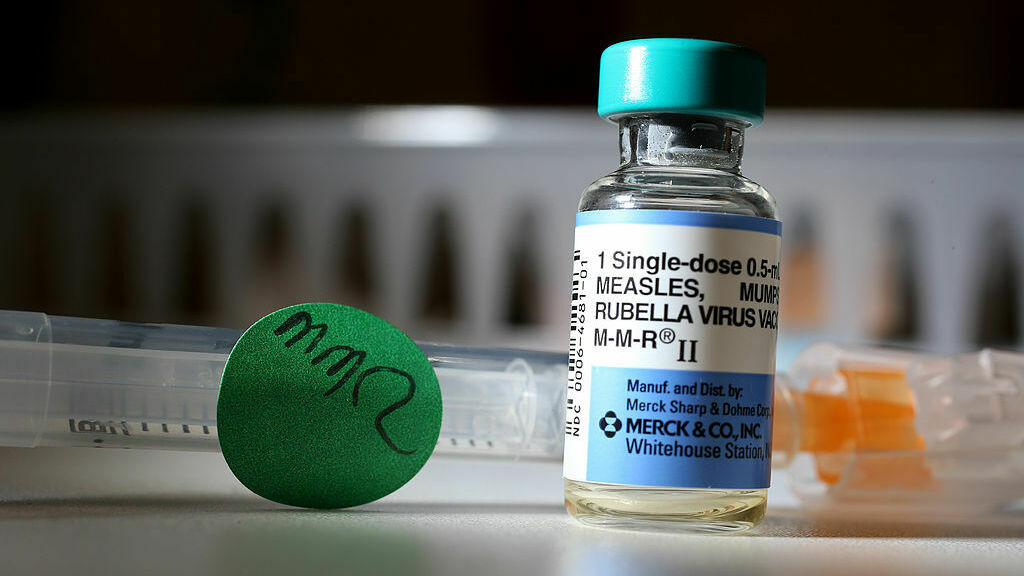
Florida Measles Prevention Methods: Addressing Public Health Concerns
In mid-February, an outbreak of measles emerged at Manatee Bay Elementary School in Broward County, South Florida. The county now reports at least nine cases, with an additional case in Polk County, Central Florida. However, concerns arise as several public health experts criticize Florida’s response to the outbreak, stating it contradicts established public health protocols. Dr. Joseph Ladapo, Florida’s surgeon general, has refrained from advising parents of unvaccinated children in the affected school to vaccinate or quarantine them, leaving the decision to parents.
Dr. Ali Khan, the dean of public health at the University of Nebraska, expresses bewilderment at this approach, emphasizing the importance of advocating for best public health practices. Flouting evidence-based guidance, as Khan warns, poses significant risks by undermining public health confidence and increasing the vulnerability of individuals to preventable diseases.
Dr. Marcus Plescia, the chief medical officer for the Association of State and Territorial Health Officials, highlights the highly contagious nature of measles, underscoring the ease of transmission even through casual contact. Alarmingly, up to 9 out of 10 unvaccinated individuals exposed to measles may contract the disease, as reported by the CDC. Data reveals that approximately 8% of kindergartners in Broward County lack measles vaccination, posing a considerable risk to this group.
Dr. Scott Rivkees, a public health professor at Brown University and former Florida surgeon general, emphasizes the urgency of vaccinating exposed individuals within three days to contain outbreaks effectively. He stresses the need for unvaccinated individuals exposed to measles to undergo a 21-day quarantine due to the virus’s asymptomatic transmission potential.
Rivkees expresses concerns that vaccine skepticism, particularly regarding COVID-19, may extend to other diseases like measles, potentially resulting in severe consequences. Despite measles being rare in the U.S. due to high vaccination rates, the reluctance to vaccinate against measles can lead to unnecessary suffering and fatalities. Rivkees warns against the misinformation surrounding vaccines, highlighting the severe health risks associated with measles, including pneumonia, brain swelling, and even death.
While the U.S. declared measles eliminated in 2000, sporadic cases persist, often linked to international travel. To maintain this elimination status, swift containment of outbreaks is vital. However, with at least 35 cases reported in 15 states this year, the potential for further spread remains concerning, particularly in regions with low vaccination coverage. Flouting established public health advice at the state and local levels could exacerbate disease transmission, emphasizing the critical need for adherence to vaccination guidelines to prevent measles outbreaks.
